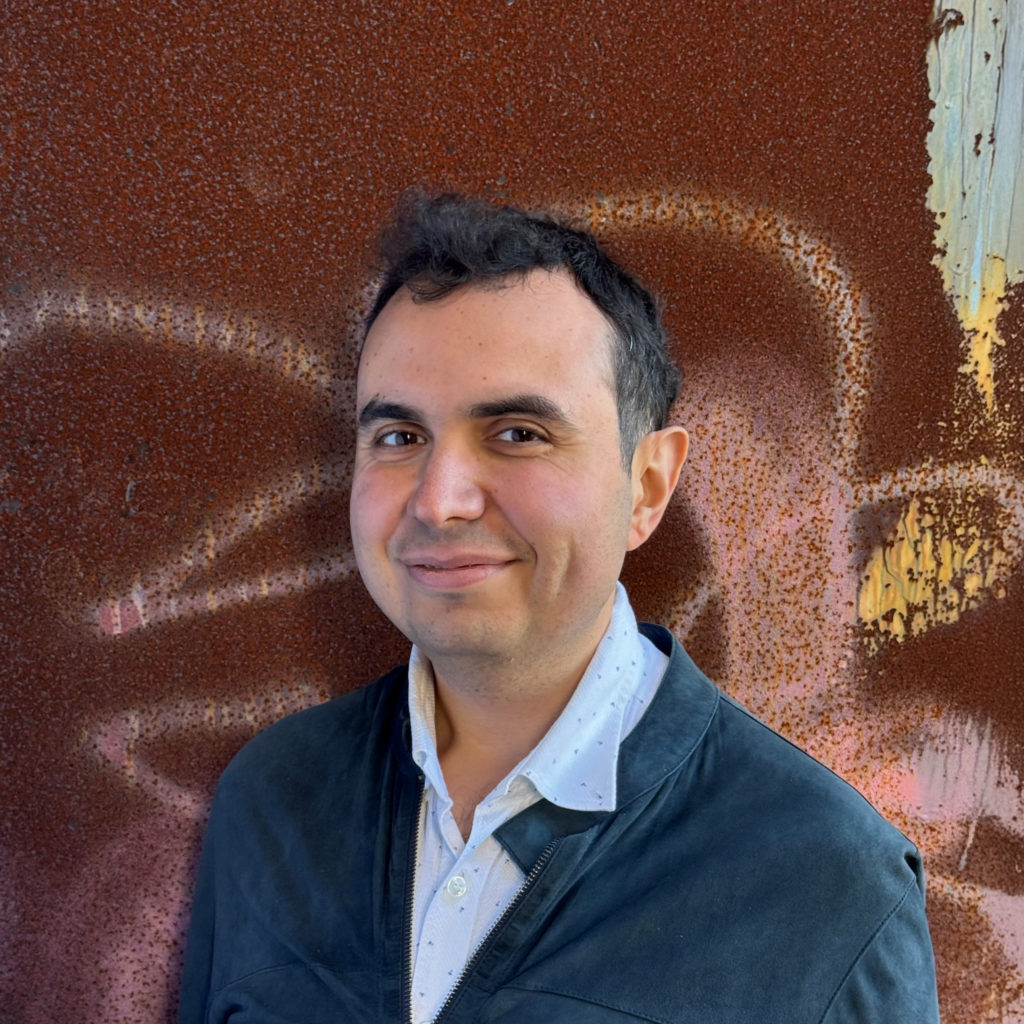La Méditerranée a souvent été étudiée comme une invention des scientifiques, philosophes et écrivains européens qui la décrivirent comme un espace cohérent riche d’une histoire unique. À travers leurs œuvres, une représentation s’est construite et institutionnalisée, voyant dans la Méditerranée le berceau de la civilisation occidentale. Par contraste, les autrices et auteurs traités dans notre projet interrogent ces images lorsqu’ils parlent de « leur Méditerranée », ou posent sur son histoire un regard qui va à l’encontre des représentations orientalistes. À l’instar de nombreux autres écrivains, Halide Edib Adivar (1884-1964) et Taha Hussein (1889-1973) ont passé les premières années de leur vie dans l’Empire ottoman. Lorsque celui-ci prit fin en 1922, la plupart d’entre eux se retrouvèrent dans les nouveaux États-nations du Moyen-Orient et de l’Afrique du Nord. Ils vécurent des bouleversements politiques, économiques, culturels et même épistémiques importants et assistèrent à la transformation de la Méditerranée en un territoire disputé entre puissances coloniales d’Europe occidentale. S’appuyant sur le récent tournant écocritique et postcritique des études littéraires, notre étude vise à montrer que ces auteurs ont « pensé avec » ou « pensé à côté » de la Méditerranée tout en cultivant de nouvelles visions politiques, littéraires et culturelles. Notre objectif consiste à inciter les universitaires à dépasser l’utilisation des catégories géographiques et à les considérer non pas comme des décors figés, mais comme ce que Karima Laachir, Sara Marzagora et Francesca Orsini ont appelé des « géographies signifiantes », leur permettant de réévaluer les concepts, les littératures et le monde.
ASSOZ. PROF. DR. C. CEYHUN ARSLAN
CURRICULUM VITAE
Ceyhun Arslan est professeur associé de littératures comparées à l’université Koç d’Istanbul et fellow à la fondation Alexander von Humboldt et au forum des études transrégionales. Il est également le coéditeur en chef du journal Middle Eastern Literatures. Ses recherches ont été publiées dans des journaux tels que Middle Eastern Literatures (2016), Comparative Literature Studies (2017), Journal of Mediterranean Studies (2019), Sea of Literatures : Towards a Theory of Mediterranean Literature (2023) et Utopian Studies. Sa première monographie, The Ottoman Canon and the Construction of Arabic and Turkish Literature, a été publiée aux Presses universitaires d’Édinbourg. Durant sa résidence au centre Käte Hamburger CURE, il va poursuivre ses recherches pour son deuxième livre menées sous le titre de travail Thinking with the Mediterranean : Concepts, Literatures, and the World Reconfigured on Eastern and Southern Shores.
